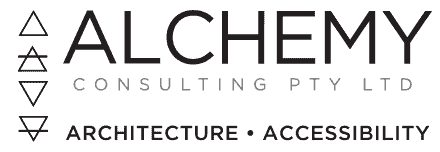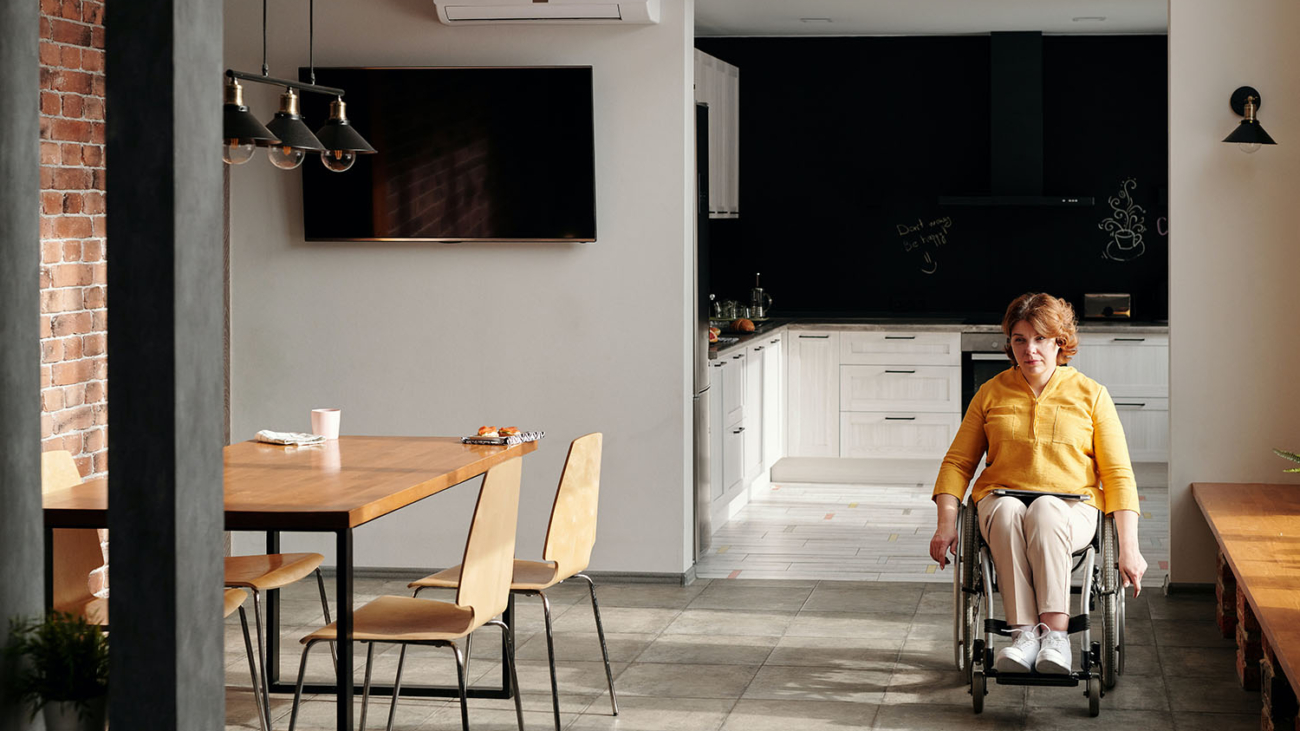In this Insight, we explore the positive impact that Specialist Disability Accommodation will have on future design.
As of 2019, it was recorded that more than 4 million disabled Australians receive Commonwealth assistance, social housing, or are homeless. To put it into perspective, that’s approximately 15% of our entire countries’ population1.
Amazingly, our Australian Government has committed $700m each year for the next 20 years under the National Disability Insurance Scheme (NDIS). The NDIS is designed to support Australians who have a permanent or significant disability. For many people, incredibly, it will be the first time they receive the disability support they need.
One aspect of NDIS support is the provision and funding of housing suitable for those with disabilities. Known as Specialist Disability Accommodation (SDA), last year we saw over 12,000 people receiving financial assistance for Specialist Disability Accommodation. It’s expected that more than double that number will ultimately receive assistance for housing2.
Unfortunately, though, there are still too many Australians, with some form of disability, who are not living in appropriate housing which is safe, assistive or spatially large enough to cater for their disabilities. Steven Bayer from Alchemy Consulting wants to help as many Australians as possible live in the right sort of housing to cater for their needs, or disabilities if that is the case.
Aspects of enhanced housing design
With a focus on developing specialist solutions for varying types and levels of disabilities, the following classifications are part of the SDA Guidelines:
Improving Liveability
Developing housing that will enhance the overall liveability for people with sensory, intellectual or cognitive impairments such as providing spaces that allow ease of circulation or accessibility, safety and physical features. This will allow NDIS Participants to live independently, with value and integration with others where appropriate. This generally will include spatial allowances or allowing for vision or perception impairments through the use of colour, luminance contrast or surface materials.
Robustness
Designing housing that is very resilient, or which may have additional ‘breakout’ spaces, to reduce the likelihood of reactive maintenance. This will reduce the risk to the tenant with more obvious behavioural disabilities disabled tenant and/or others who may live in the dwelling or visitors.
Fully Accessible
Developing housing that provides appropriate accessibility for people with significant physical impairments. Incorporating additional width in doorways, spaces and circulation areas, together with enhanced design of kitchens and bathrooms to allow fixtures and fittings to be useable by those in wheelchairs.
High Physical Support
Ensuring that the housing has been designed to support people with significant physical impairment and requiring very high levels of support. This could include the provision of lifting hoists in bedrooms for assistance in access to beds, or the requirement for enhanced spatial heating/cooling or the inclusion of emergency power to avoid unsafe situations in times of power failure.
1. Australian Institute of Health + Welfare: People with disability in Australia: In brief. 2019
2. NDISP: ndisp.com.au:
Do you need an SDA Assessor for your project?
If you are seeking to provide accommodation that is funded through the NDIS, you will need your housing to be certified by an Accredited SDA Assessor and registered with the NDIS.
Steven Bayer is currently involved in the provision of SDA housing in NSW and Queensland, working with developers in the design of approved accommodation and also NDIS Providers that work with NDIS Participants, who are the occupants of housing and recipients of NDIS funding.
Steven is also a qualified SDA Assessor who can review and certify that housing meets the requirements of the SDA Design Guidelines.
If you would like to discuss an SDA housing project, or understand more details about this important community housing, don’t hesitate to contact us for more information. Alternatively, take a further look at our Accessibility services via the links below.


